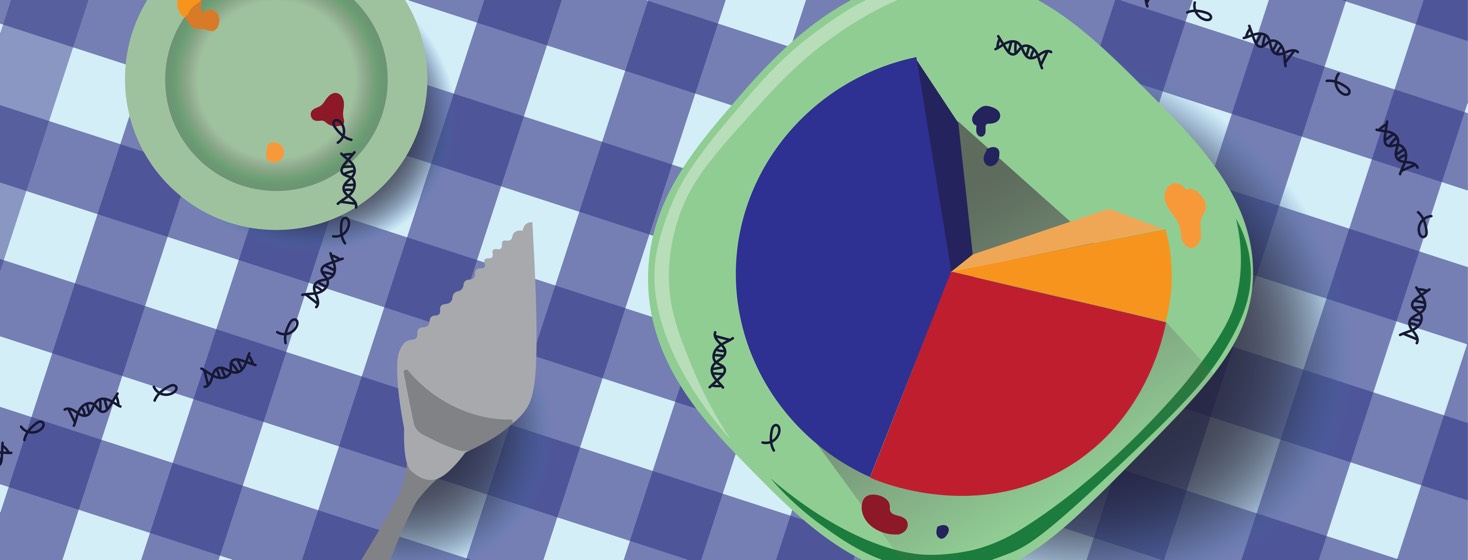Genetics and Prostate Cancer: What Should Men Remember During Screening?
Most cancers are a disease of getting older, and prostate cancer is no exception.
One in nine men
Prostate cancer is diagnosed in about one man in nine, though the rate is even higher than that for Black men.
The mere mention of cancer puts an immediate fear of an early and unpleasant death in most people. Some men may die of it. Many others will survive but have to manage cancer and treatment side effects.
What about genetics?
Generally speaking, only about up to 10 percent of cancers may be due to inherited genetic changes, according to the National Cancer Institute. However, advice from prostate cancer charities is that having a first degree relative with prostate cancer can increase your risk.1
None of this makes it easy for a man to decide whether or not to be screened for prostate cancer. There are plenty of physicians who are very against screening, and it’s worth bearing in mind that the PSA test is far from perfect. Some men with a raised PSA don’t have prostate cancer, and there are men with a normal PSA who do have prostate cancer. The PSA test coupled with a digital examination are among the tools available to help identify warning signs of prostate disease.
Finding the BRCA2 gene in my family
I’ll finish on my own experience and that of my father. Aged about sixty-five he had problems urinating. His urologist diagnosed benign prostate enlargement and he had surgery for this. Biopsy samples were taken during the surgery and confirmed that he did not have prostate cancer.
Ten years later I asked for a PSA test. I was subsequently diagnosed with T2C prostate cancer aged fifty. Where did it come from? Not directly from my father, but interestingly there’s a possibility that I am a carrier of the BRCA2 gene as breast cancer seems to run in my father’s family, though it’s a bit late to follow that one up now.

Join the conversation